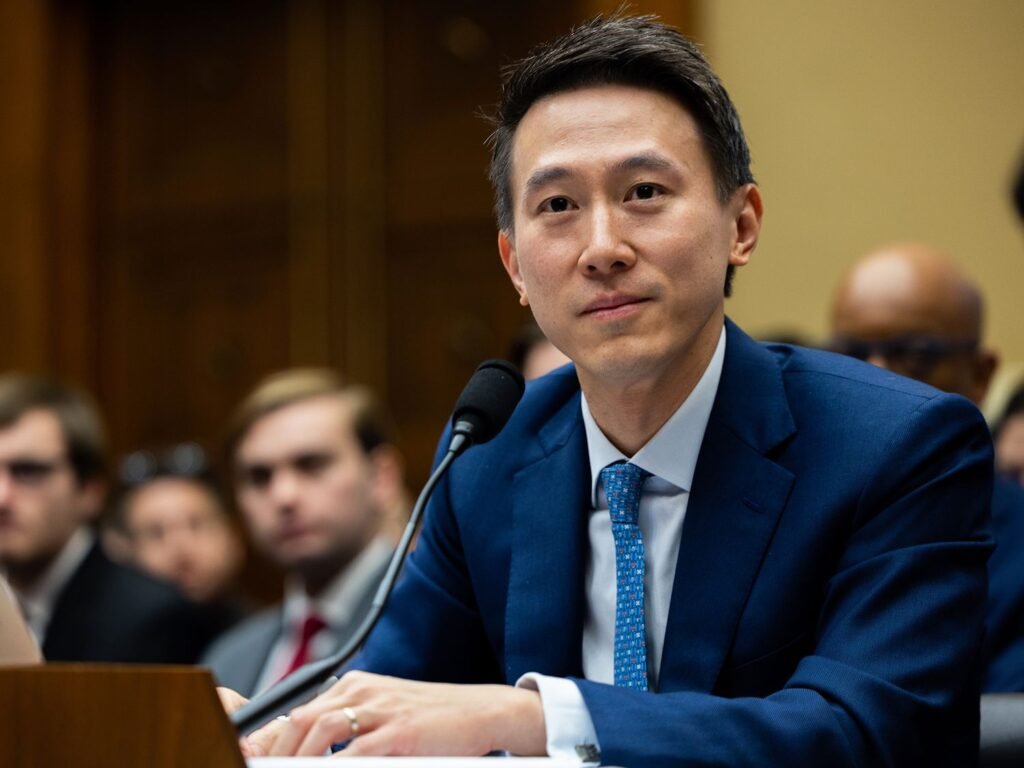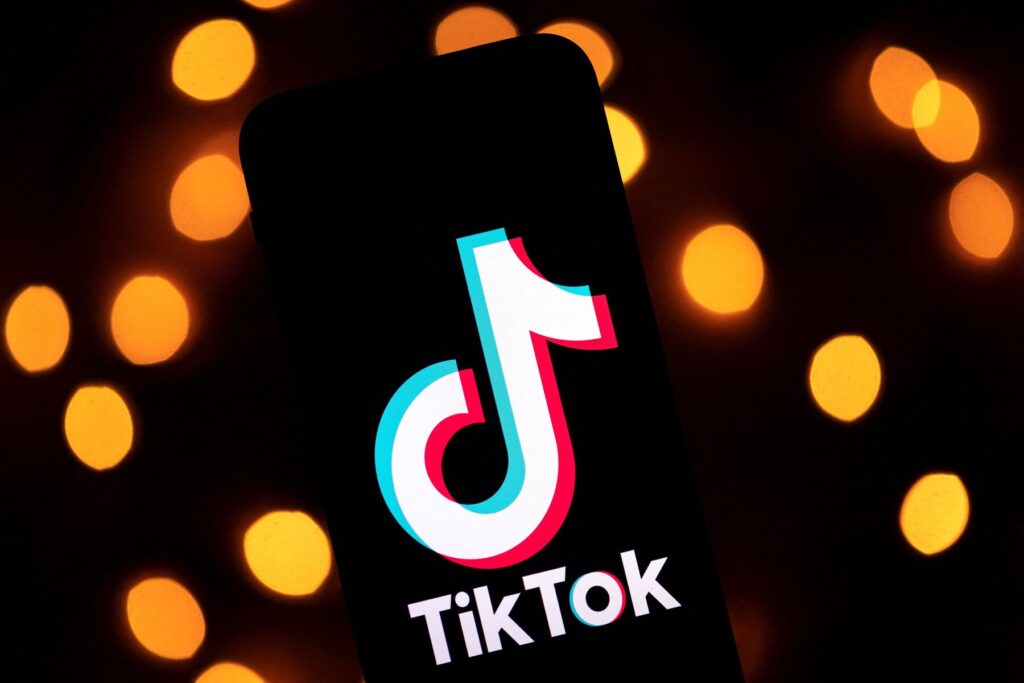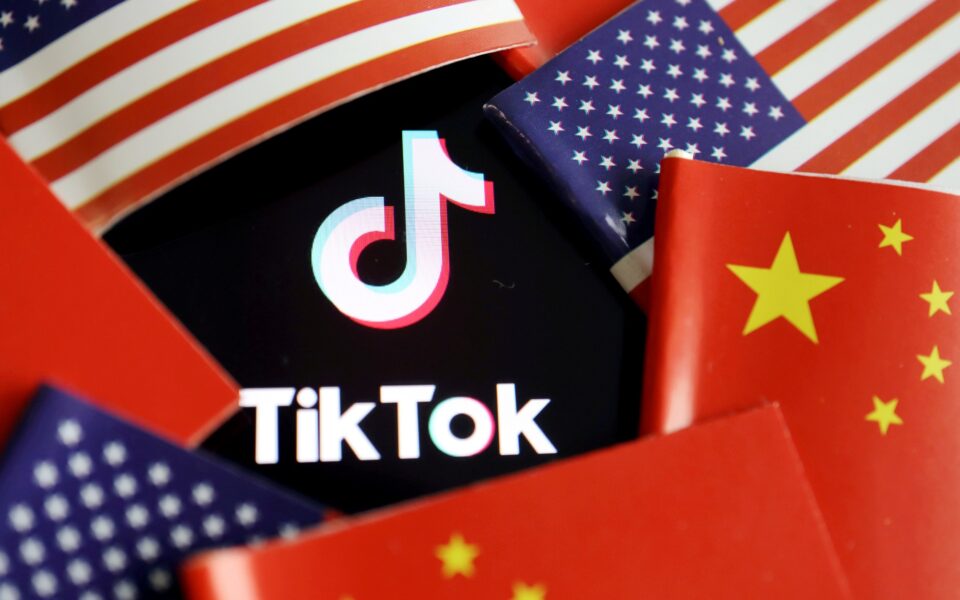A dramatic conclusion is about to occur in the multi-year narrative of TikTok’s troubles in Washington. Two very divergent visions of the corporation will be on display as the CEO of the company testifies on Thursday before the House Energy and Commerce Committee.

With an almost creepily intelligent discovery algorithm and a carefully maintained community of top producers, TikTok is the product that captured the attention of the young people across the world who spend hours each day watching the snappy, entertaining short movies.
Although TikTok’s parent firm, ByteDance, is situated in China, to the national security establishment of the western world, it is a Trojan horse that allows China to infiltrate the homes and workplaces of those citizens.
As the head of a research lab at Stanford studying online hazards, I can say with certainty that there are a lot of well-founded worries about TikTok. As the chief security officer at Facebook, I had to deal with ongoing state-sponsored attacks from nations all over the world. Yet those issues go beyond a single firm, and the Biden administration is passing up a chance to set an example for the free world by tackling the big picture.
In the ongoing effort to gather and manage information globally, TikTok is but one chess piece. Washington has lost sight of the wider picture because it is so intent on winning this crucial battle.
The fight between the world’s democracies and a new alliance of autocracies, led by the Chinese Communist Party, is just getting started. The party is emerging from the Covid-19 crisis with its most autocratic leader since Mao Zedong and a burning desire to show the People’s Republic’s power at home and abroad.
The Chinese leader officially legitimized a Russian president who had just been charged with war crimes by the International Criminal Court during his visit this week to a wounded, beleaguered Vladimir Putin, underscoring China’s new role. China’s rapidly expanding military continues to push limits and get ready for wars with its neighbors and the West in the South China Sea, Taiwan Strait, and disputed Japanese waters.
A similar conflict is being fought online in support of China’s long-term economic and strategic objectives by its various intelligence and information warfare groups. This entails regular assaults to access the most important Western corporations’ trade secrets as well as a rapidly growing ability to use overt and covert methods to reshape global narratives.

China has been spurred to quickly enhance its global monitoring, influence, and control by unrest in Hong Kong and the embarrassing appearance of Covid-19 in Wuhan. This investment has paid off, and many experts—including our Stanford team—believe that China is now the world leader in this field.
In light of this, national security worries regarding TikTok are reasonable. Laws that demand strict adherence to the objectives and edicts of the state are applicable to ByteDance, just like they are to every other Chinese corporation. If ByteDance executives were to refuse China’s wishes, they would not be protected by the First Amendment or an independent judiciary. By directly targeting China’s wealthiest and most powerful CEOs, President Xi has demonstrated this point.
It follows that China could certainly subtly compel TikTok to comply with its demands. It might suppress opinions deemed undesirable and discreetly alter what users see to give the impression that pro-Chinese voices are predominating and that opponents are outcasts. The largest concern, though, is having access to every piece of information that is obtained through the routine use of such a massive product.
However it is possible that as the product and its user base evolve, TikTok will carry more private conversations. It does, however, have a wealth of information regarding the characteristics, interests, contacts, and gadgets of its 1.5 billion users. In the past, China’s intelligence agencies have been charged with stealing huge databases from businesses like Equifax, Anthem, and Marriott as well as the clearance information of millions of government employees from the Office of Personnel Management.
These well-known cyberattacks provide as evidence that Chinese intelligence agencies look broadly when collecting surveillance information on Americans, and TikTok’s data warehouse is enormous.
Shou Chew, the CEO of TikTok, testified in writing to Congress that “ByteDance is not an agent of China or any other country.” He outlined TikTok’s new data security approach, which involves Oracle, an American tech company, storing the data of US users. I concur with the Biden administration’s rejection of the proposal since, in my experience, internal data controls of this nature are very difficult to establish and gain the trust of.
The Biden administration and Congress need to take a broader perspective because no matter how the US decides to proceed with TikTok (whether it be by requiring ByteDance to sell it, outright banning it, or in some other way), it will not be able to stop the expansion of Chinese influence and surveillance.
It turns out that no specific US legislation governs the level of access that employees of IT or social media companies with offices in Beijing or Moscow have to the personal information of US residents who use their services. Furthermore, there is currently no federal legislation that forbids the excessive collecting of sensitive data or personally identifiable information.
It’s time for Congress to enact a thorough privacy bill. The moment has come for Congress and President Biden to establish predictable regulations and reclaim leadership in internet regulation as state privacy laws are sprouting up all over the US and causing havoc for US businesses without addressing some fundamental issues.
Additionally, by doing this, Congress will be able to specify the categories of sensitive data that can be stored or accessible in the US, our democratic allies, third-world nations, and our enemies.
A nationwide privacy regulation would also deter mobile phone networks, adtech firms, and data brokers from offering to sell the very kinds of data that TikTok would give to the Chinese government. Furthermore, any equitable solution to the hazards associated with TikTok should equally be applicable to American businesses that export data or to US intelligence services.

The transparency that social networks offer to members of the public and academic researchers about the publicly available content they are carrying can also be legally capped by Congress. These organizations collaborate with significant American social media firms to identify and analyze political influence operations aimed at influencing both domestic and international politics.
They are crucial in alerting the public and the media to the kinds of operations that may be directed at them. Despite beginning to address the need for transparency over the past few months, TikTok has historically made it challenging for academics to keep an eye on its platform for this kind of manipulation.
While US corporations frequently exhibit greater transparency than TikTok, this is solely a result of their own free will. In order to discover botnets and influence campaigns, external access must be removed, according to a new announcement from Twitter, a longtime champion in transparency. The Platform Accountability and Transparency Act, as it is currently written, would establish an equitable standard for all businesses and free this matter of national security from the whims of certain tech billionaires.
The US and our allies must also take the information war seriously. To do this, they must protect and support journalists who can work without interference from any authority figures, as well as forge civil society alliances that will strengthen the public’s resistance to the Chinese-style censorship that is encroaching on nations like Turkey and India.
Washington is right to address the risks that the one chess piece of TikTok poses right away, but it should also consider the entire board and make plans for the following 20 movements. It is necessary for the rest of the twenty-first century’s history.




